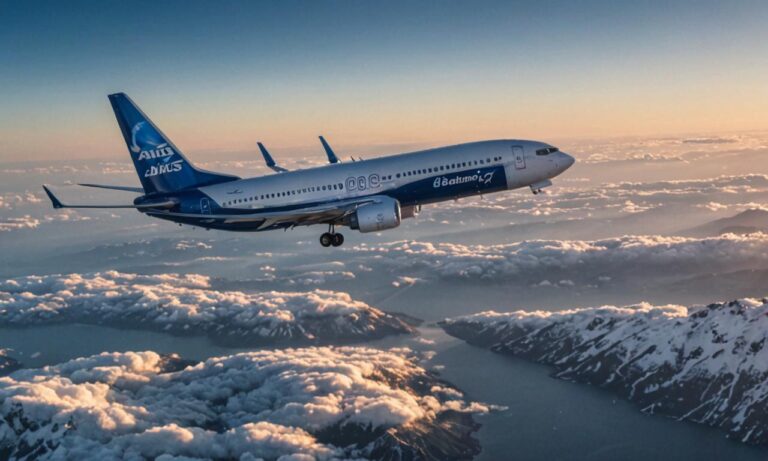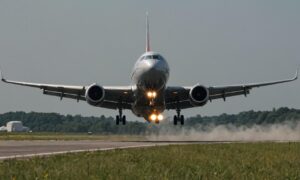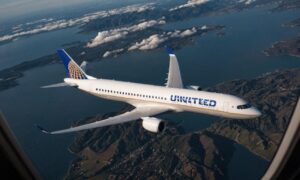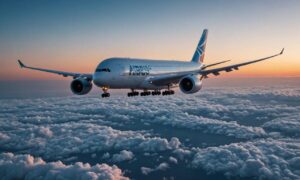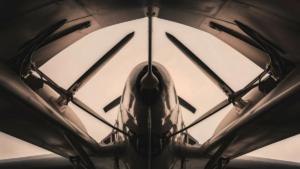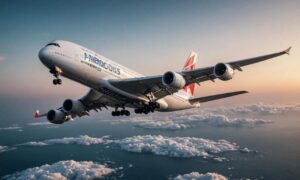When it comes to comparing two stalwarts of the commercial aviation industry, the Boeing 737 800 and the Airbus A321, there are several factors to consider. Both aircraft have their own strengths and weaknesses, catering to different market segments and airline requirements.
Performance
In terms of performance, the Boeing 737 800 is known for its versatility and efficiency. It has a slightly smaller seating capacity compared to the Airbus A321 but offers excellent fuel efficiency and range. On the other hand, the Airbus A321 boasts a longer fuselage, allowing for higher passenger capacity and cargo volume. Its longer range capabilities make it ideal for transcontinental flights.
Cabin Comfort
Passenger comfort is a crucial aspect of any flight, and both the Boeing 737 800 and the Airbus A321 excel in this regard. However, the Airbus A321 typically offers more spacious cabin interiors due to its wider fuselage. Airlines have the flexibility to configure the cabin layout according to their preferences, offering various seating options such as economy, premium economy, and business class.
Operational Costs
When it comes to operational costs, airlines often look for aircraft that offer the best balance between fuel efficiency and maintenance expenses. The Boeing 737 800 is favored for its lower operating costs, making it a popular choice for budget airlines and short-haul routes. On the other hand, the Airbus A321’s larger capacity allows airlines to spread costs over more passengers, potentially reducing per-seat operating expenses.
Market Demand
Market demand plays a significant role in the selection of aircraft by airlines. The Boeing 737 800 has been a mainstay in the aviation industry for decades, with a vast global fleet serving various routes. However, the Airbus A321 has gained popularity in recent years, especially among carriers looking for a more spacious and long-range alternative.
Both the Boeing 737 800 and the Airbus A321 have their unique advantages and cater to different airline needs. While the Boeing 737 800 is renowned for its efficiency and versatility, the Airbus A321 offers superior capacity and range. Ultimately, the choice between the two aircraft depends on factors such as route network, passenger demand, and operational requirements.
Environmental Impact
Considering the increasing focus on sustainability in aviation, comparing the environmental impact of aircraft is crucial. The Boeing 737 800 and the Airbus A321 differ in their environmental performance, including factors such as carbon emissions, noise pollution, and fuel efficiency. Airlines are increasingly prioritizing environmentally friendly aircraft to reduce their carbon footprint and comply with stringent regulations.
Carbon Emissions
Carbon emissions are a significant concern in aviation due to their contribution to climate change. While both the Boeing 737 800 and the Airbus A321 are relatively fuel-efficient, there may be differences in their carbon emissions per passenger mile. Factors such as engine efficiency and aircraft weight influence carbon emissions, impacting the environmental sustainability of each aircraft.
Noise Pollution
Noise pollution is another critical aspect to consider, especially for airports located near residential areas. The quieter operation of aircraft is increasingly important for communities affected by aircraft noise. Airlines may prefer aircraft with advanced engine technologies and noise-reducing features to mitigate noise pollution, enhancing their reputation and reducing community complaints.
Frequently Asked Questions
| Question | Answer |
|---|---|
| Which aircraft is more fuel-efficient? | Both the Boeing 737 800 and the Airbus A321 are known for their fuel efficiency, but the specific efficiency may vary depending on factors such as route length and payload. |
| Can the Boeing 737 800 and the Airbus A321 be configured with different seating options? | Yes, both aircraft offer flexibility in cabin layout, allowing airlines to configure various seating options such as economy, premium economy, and business class. |
| Which aircraft is more suitable for long-haul flights? | The Airbus A321 generally offers longer range capabilities, making it more suitable for long-haul flights compared to the Boeing 737 800. |

